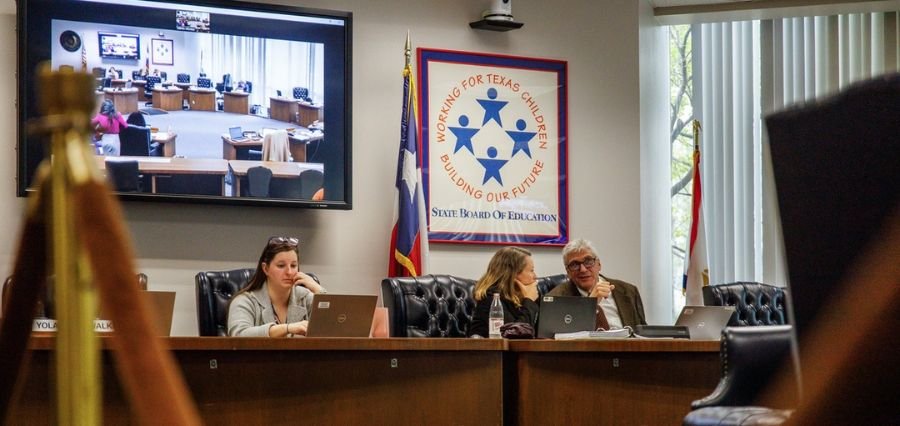Prime Highlights
- Texas Board of Education OKs American Indian/Native Studies elective in 9–5 vote.
- The action is criticized on DEI law conflict grounds, but proponents cite cultural importance.
Key Facts
- The course, piloted in some districts already, is now approved for state credit.
- There were complaints objected to under Senate Bill 12, banning content based on race and gender.
Key Background
By a single-vote margin, the Texas State Board of Education approved an American Indian/Native Studies elective high school course on June 27, 2025. The 9–5 vote made Texas the first state to formally reapprove the course for statewide implementation since its original adoption by the Grand Prairie Independent School District. The course will teach students about Indigenous economic systems, governance, histories, and cultures from Native viewpoints.
The course approval follows growing political pressure for the examination of education content in Texas. Conservative board members were strongly opposed to the course, which they contended dwelled too much on critical versions of American history. Individual complaint was issued to course material citing George Washington’s behavior toward the Native population as “terroristic” and stating broad things like all land was “stolen.” Such members accused such material of being inbalance and out of context, and Board Chair Aaron Kinsey requested changes to remove the most incendiary examples.
At the center of the storm is Senate Bill 12, a newly emerging bill in Texas that prohibits diversity, equity, and inclusion (DEI) programs in education. The Texas Education Agency’s own legal counsel and the state office of Attorney General urge caution, warning the courses would be in violation of the law. They did not issue a definitive ruling against the course, though. Counterarguments were likewise made by advocates that Native culture studies are outside of DEI policy. Federal clarification by the U.S. Department of Education actually aligns with this perspective, separating Indigenous studies from DEI frameworks.
Its proponents, including students, tribal leaders, and educators, energetically promoted its educational significance. They couched the course as instrumental to the embracing and honoring of Native histories and viewpoints. Most felt it enhances the study of American history for students. Some members of the board, even those who were worried, saw statewide curriculum design modeled on the course’s template, its potential phasing in toward wider usage in Texas classrooms.





